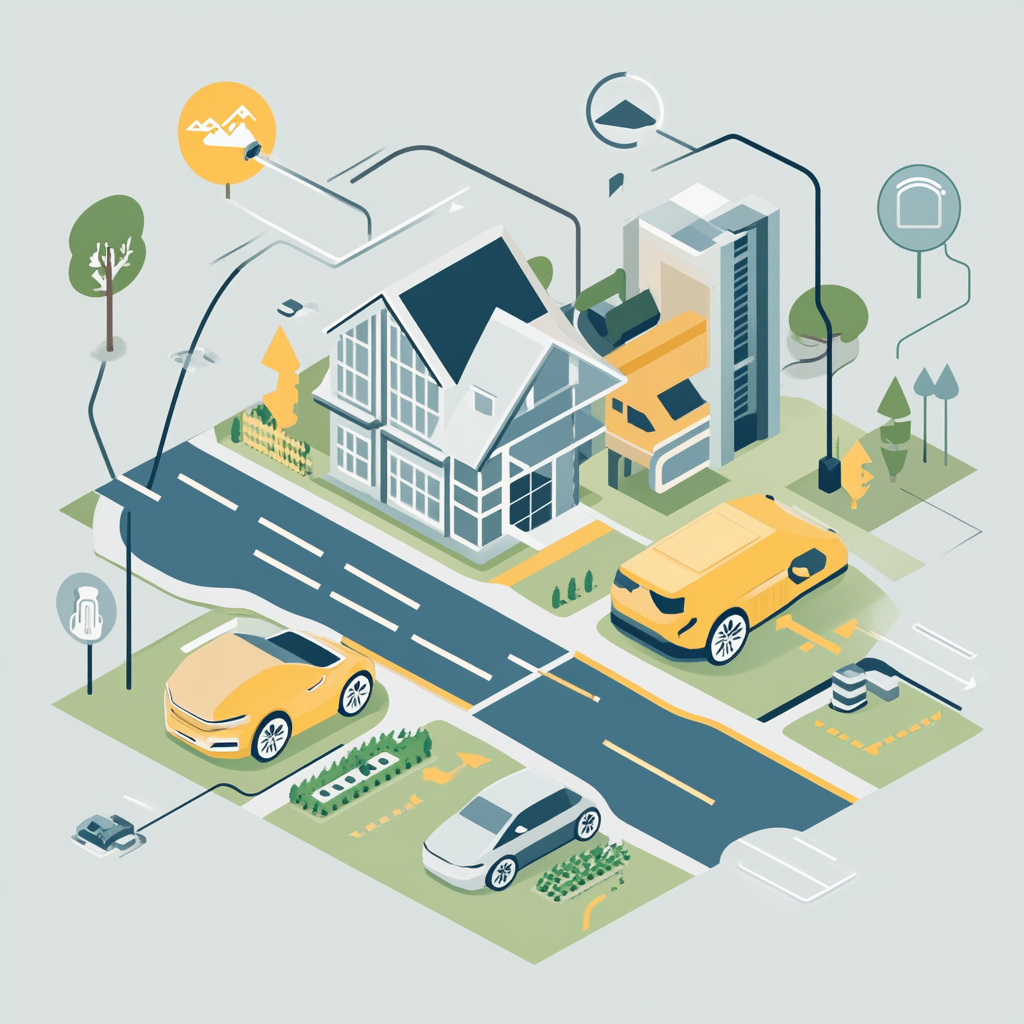
“EV Reliability on the Rise, Still Trails Gas Cars”
In the thrilling realm of automotive innovation, electric vehicles (EVs) and their plug-in hybrid counterparts are riding a wave of progress, yet they’re still on the chase to catch up with their gas-fueled brethren in the reliability race. But hold onto your steering wheels, folks, because we're diving headfirst into the fascinating insights gleaned from the latest Consumer Reports survey, and it’s a ride that promises to be both enlightening and entertaining.
Electric vehicles, those sleek technological marvels, are gaining ground in reliability faster than a race car on a freshly paved track. According to the 2024 Consumer Reports survey, the landscape is changing rapidly, showing that while EVs still have a bit of a struggle sewn into their fabric, they’re pulling ahead in the reliability stakes. Hold onto your hats, though—this isn’t a simple victory lap.
Let’s break it down. On average, electric vehicles are reporting a shocking 42% more problems than their gasoline-burning competitors. Sure, that might sound like a terrible report card, but before you tear into EVs like they just cut you off in traffic, consider this: that’s a significant leap from the astonishing 79% gap reported in the 2023 survey. It’s akin to a downtrodden team, once the underdogs, suddenly sprucing up their game. Not to be outdone, plug-in hybrids, which marry the essence of electric and gasoline power, have also improved, with a 70% higher incidence of problems compared to gas vehicles—down from last year’s heavyweight gap.
You might be wondering: what’s behind this gradual resurrection of the electric vehicle reputation? Well, the secret sauce here is automaker experience paired with relentless refinement of technology. With each passing model year, automakers are gathering expertise, learning from their earlier blunders, and adjusting product designs accordingly. Jake Fisher, the head honcho over at Consumer Reports' automobile test center, emphasizes that as manufacturers continue to crank out more models, the reliability tide will keep rising. It’s like watching a climber ascend a mountain—the path may be rocky, but eventually, they reach the summit.
Brands that stick to tried-and-true designs, like Subaru with its cautious approach to innovation, are basking in the glow of high reliability scores. On the flip side, there are the newcomers—think Rivian—still wrestling with the teething troubles that come with launching bold new electric models. It’s a dramatic age-old tale, isn’t it? The tortoise and the hare, but in this case, the hare has a shiny battery pack.
Despite the strides made, electric vehicles are standing at the edge of a cliff—there are significant challenges lurking below. The quirky quirks of cutting-edge technology can provide an exhilarating ride, but they also pose troubling reliability implications. Automated features that are supposed to make your life easier can sometimes malfunction, leaving the average driver wondering if they mistakenly signed up for a horror movie instead of a smooth ride. Simplistic reliability often reigns supreme for buyers who value a humble yet dependable machine over the dazzling distractions of futuristic gadgetry.
Moreover, the stronghold of traditional engines persists, with issues related to drive system motors, charging infrastructure, and elusive battery problems creating complexity that rivals a Netflix drama. These tech troubles are usually trickier and more expensive to fix than the classic mechanics of your favorite gas-guzzler. Toss in the higher upfront costs associated with EVs and those pesky charging station logistics, and it’s no wonder some consumers are hesitant to convert their loyalties.
As we pivot to hybrid vehicles—a kind of technology that’s already had a chance to bed down—the scenario shifts. These hybrids have been consistently appreciated for their reliability, showcasing 26% fewer issues compared to traditional gas vehicles. It turns out that decades of refinement and effort, especially from the trailblazers like Toyota, have paid off. They’re like the wise old sage of the automotive world, offering a balance between traditional and modern without a hitch.
And speaking of hitches, let’s take a peek at the landscape of automotive brands and their reliability rankings according to the survey. It’s a mixed bag, showcasing champions and contenders. Leading the charge in the 2024 survey is Subaru, soon followed by Lexus, Toyota, Honda, and Acura. These brands epitomize the notion that cautious evolutionary steps lead to reliability—almost like a master chef perfecting a recipe over countless attempts. Meanwhile, at the opposite end, Rivian, Cadillac, GMC, Jeep, and Volkswagen are still grappling with various reliability woes. Poor Tesla, the darling of EV sales, dropped a few rungs down the ladder, landing in the 17th spot—proof that even titans can find themselves in a tight spot.
So, what’s the overall takeaway from this riveting saga of electric versus gasoline? The road ahead for electric vehicles and plug-in hybrids is promising, but it’s littered with complexities. Enhanced tech plays a pivotal role in their evolution, and consumers still find themselves weighing the benefits of cleaner energy against the tried and true charm of traditional engines. It’s a perpetual tug-of-war: on one side, the fervent environmentalists and tech enthusiasts; on the other, those who lean towards proven dependability and simplicity.
As we steer towards the future, it becomes clear that the landscape of vehicle ownership continues to evolve. The dance between innovation and reliability is far from over. So as you ponder which way to turn at the next bend, remember that the future is electrifying, but the past still offers a comforting ride home.
Want to stay up to date with the latest news on neural networks and automation? Subscribe to our Telegram channel: @channel_neirotoken

